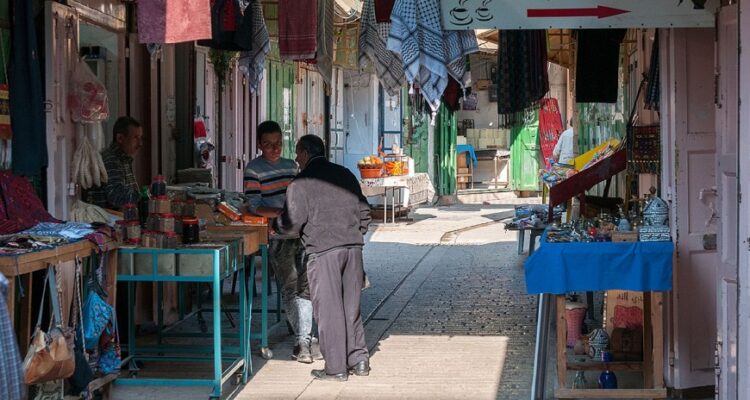Advancing decentralised development in Palestine will foster self-reliance. This could serve as a strong basis for reconciliation among Palestinians and Israelis.
Decentralised governance administrations appeal to a broad spectrum of social scientists, activists, and people who seek sustainable growth. By implementing a range of local development projects across a country, decentralisation emphasises subnational participation, cross-sectoral partnership, and local control.
Essentially, socio-economic and eco projects identified by the local communities who manage and gain from them satisfy the key determining factor for sustainability: people’s participation. Global evaluations have underscored this over time. Indeed, centralisation is a primary cause of social problems, so pursuing goals that reflect local desires could alleviate causes of alienation and deep human dissatisfaction and dysfunction in society.
In Palestine, community-built decentralisation that forges mutually beneficial ties among Palestinian people could reduce their economic and political dependence on Israel and alleviate dissatisfaction and feelings of alienation in their lives. In this case, development projects are made to be responsive to local groups’ self-described needs, integrate available know-how, are managed by the beneficiaries, and utilise public and private partnerships to conduct project implementation and evaluation.
Promoting self-reliance is a vital factor for Palestinians. In addition to community determination of needs and programs, self-reliance also involves seeking and investing national and international revenue in order to realise these initiatives. For example, enhancing self-reliance and reducing the measure of economic international dependency are fully consistent with dedicating financial resources from external sources to achieve locally defined goals, such as in food security, women’s empowerment, and school infrastructure.
Read the article by Dr Yossef Ben-Meir from the Australian Institute of International Affairs.

